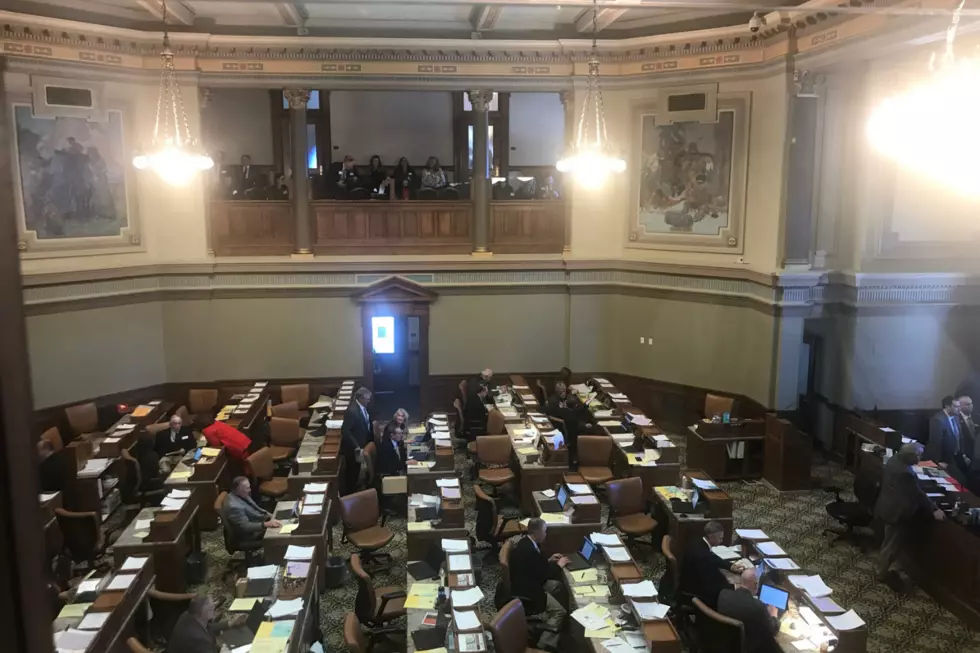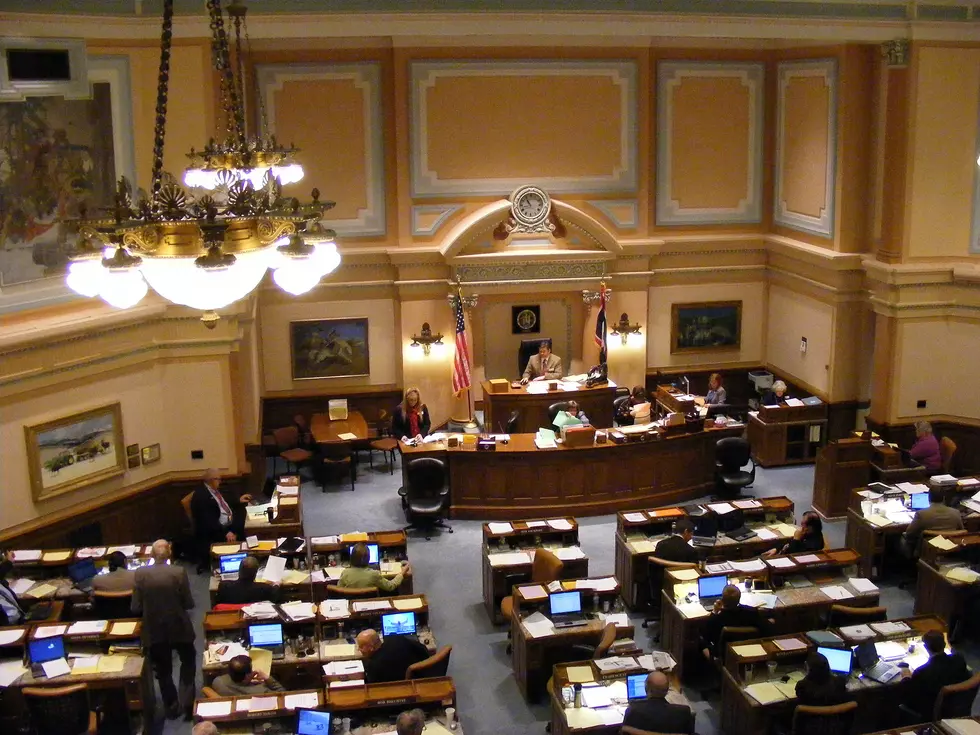
Medicaid Expansion Bill Filed In Wyoming Legislature
The latest in a long line of proposals to expand the Medicaid program in Wyoming has been filed for the upcoming special session of the Wyoming Legislature.
You can read HB 1011--the Medical Treatment Opportunity Act--here. The same bill has been filed in the Senate, under the label of SF 1011. The mirror bills are sponsored by the legislature's Joint Revenue Committee.
Generally speaking, committee bills in the legislature have a better chance of winning approval than do bills put forward by individual lawmakers.
The legislation specifies that the Medicaid Expansion would only remain in effect so long as the federal government picks up 90 percent of the tab. One of the recurrent arguments against expanding Medicaid in Wyoming over the years has been that the federal government would renege on promises to pay for most of the cost of expansion of the program, leaving the state to pick up the tab.
It's been estimated that expanding Medicaid in Wyoming would give an extra 25,000 people--mostly the working poor--coverage. Opponents of expansion, however, have argued that the actual number of people who would get healthcare coverage under expansion would actually be larger than that, potentially much larger in fact.
Proponents of Medicaid expansion have been trying for years to get a bill through the Wyoming Legislature. most recently earlier this year. So far their efforts have proven unsuccessful, however. Supporters have also said expanding Medicaid would help Wyoming hospitals recover the cost of uncompensated care for treating people who don't have health insurance. That figure has been quoted as being around $100 million.
Supporters have argued that expanding the program would bring in millions of dollars of federal money to the state. A fiscal note attached to the bill estimates bringing in $96 million in federal funding by 2023, with another $27 million in federal money through the American Rescue Plan Act [COVID stimulus bill].
But opponents in past legislative debates on Medicaid expansion have argued that even if the federal government picks up 90 percent of the cost, that still leaves Wyoming on the hook for paying for the other 10 percent at a time when the state faces major budget challenges.
Opponents have also argued that expanding Medicaid goes beyond the original purpose of the Medicaid program, and some worry about an influx of people into Wyoming to take advantage of expansion or else employers taking away their workers' health insurance and telling them to get on Medicaid instead.
They fear either or both of those scenarios would greatly drive up the cost of the program, and by extension, the cost to Wyoming to cover its share.
LOOK: Things from the year you were born that don't exist anymore
More From Y95 Country








